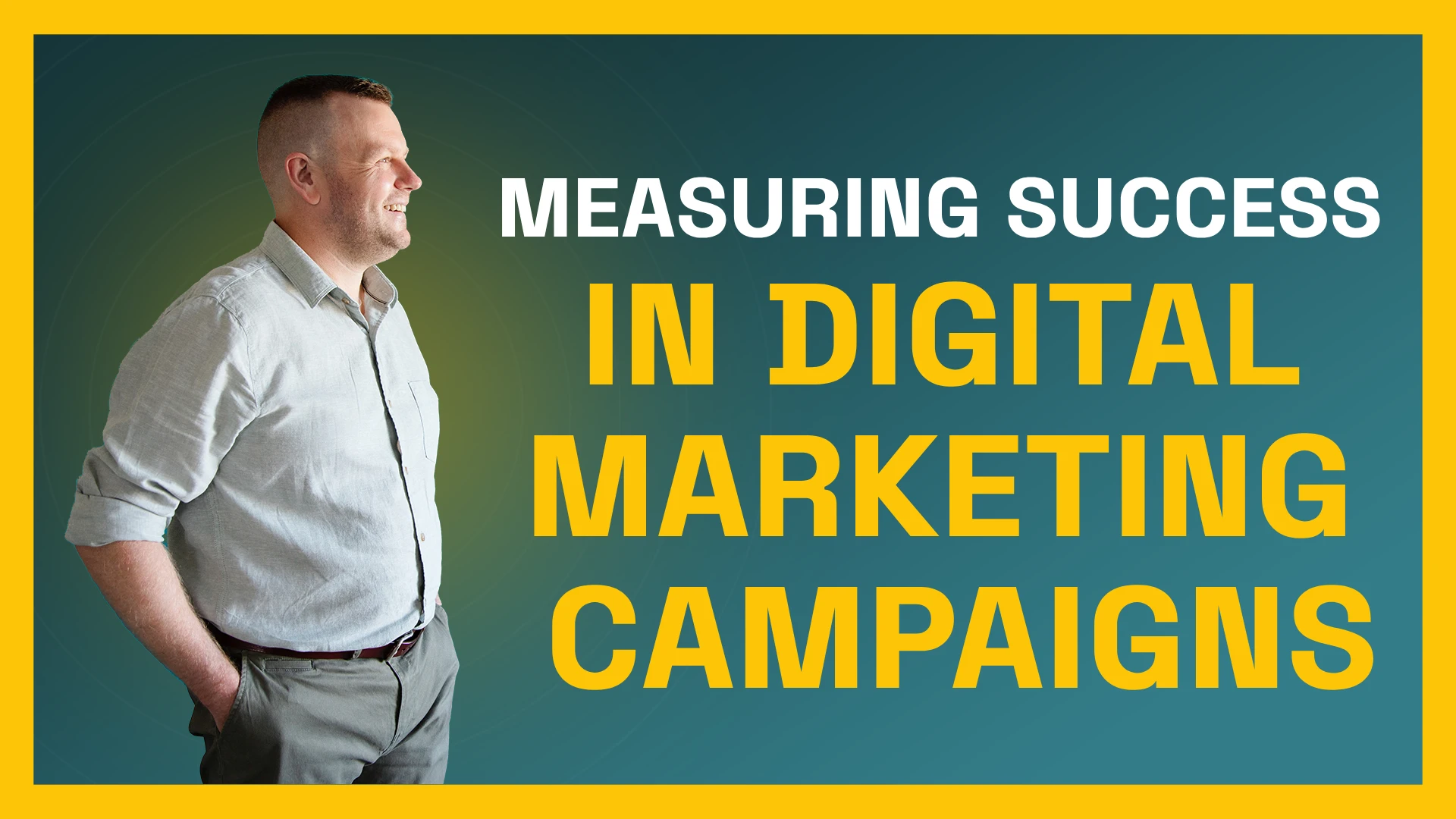
1. Set Clear Goals and Objectives
Before diving into data and analytics, it’s crucial to define what success looks like for your business. Goals can range from increasing website traffic, enhancing engagement on social media, boosting sales, or improving customer retention. Clear objectives will guide your measurement strategy and help you focus on the metrics that truly matter.
2. Key Performance Indicators (KPIs)
KPIs are vital tools that help you track the efficiency of your digital marketing activities against your set goals. Here are some common KPIs to consider:
- Conversion Rate: The percentage of visitors who complete a desired action (e.g., making a purchase, signing up for a newsletter).
- Click-Through Rate (CTR): Measures the number of clicks on your ads or links relative to impressions.
- Cost per Acquisition (CPA): The average cost spent on acquiring one customer.
- Return on Investment (ROI): Evaluates the profitability of your campaign by comparing the cost against the revenue generated.
3. Traffic and Engagement Metrics
Analyzing traffic and engagement will help you understand the reach and impact of your campaigns:
- Website Traffic: Track overall visits, source of traffic (organic, direct, referrals), and the behavior of users on your site using tools like Google Analytics.
- Social Media Engagement: Assess likes, shares, comments, and follower growth to gauge how your content resonates with your audience.
4. Lead Generation and Conversion Tracking
For many businesses, the ultimate goal of digital marketing is to generate leads and convert them into customers. Use lead generation metrics such as:
- Lead Volume: Number of leads generated over a specific period.
- Lead Quality: Measure how many leads meet your target criteria and are likely to convert into customers.
- Conversion Paths: Analyze which marketing channels bring the most conversions, helping you optimize your spending.
5. Customer Retention and Satisfaction
Retaining customers can be more cost-effective than acquiring new ones. Key metrics include:
- Customer Retention Rate: The percentage of customers who remain with you over a specific period.
- Net Promoter Score (NPS): Gauges customer satisfaction and loyalty by asking how likely customers are to recommend your business to others.
6. Content Effectiveness
Evaluate the performance of your content to refine your content strategy:
- Page Views and Time on Page: Higher numbers can indicate more engaging content.
- Content Sharing: Tracks how frequently your content is shared, pointing to its appeal and value to your audience.
Using Analytics Tools
Leverage analytics tools like Google Analytics, Facebook Insights, and other specialized software to gather data and insights. These tools offer comprehensive dashboards that provide real-time data, helping you make informed decisions quickly.
Regular Review and Adjustment
Digital marketing is dynamic; what works today may not work tomorrow. Regularly review your campaign performance and adjust your strategies based on data-driven insights. This proactive approach ensures continuous improvement and helps you stay ahead of the competition.
In Summary
As the digital landscape continues to grow, measuring the success of your marketing efforts is more crucial than ever. By focusing on the right metrics and regularly analyzing your data, you can ensure that your digital marketing campaigns are not just operational but are driving substantial growth for your business.
Leigh Reading Owner and Founder, Onside Online
